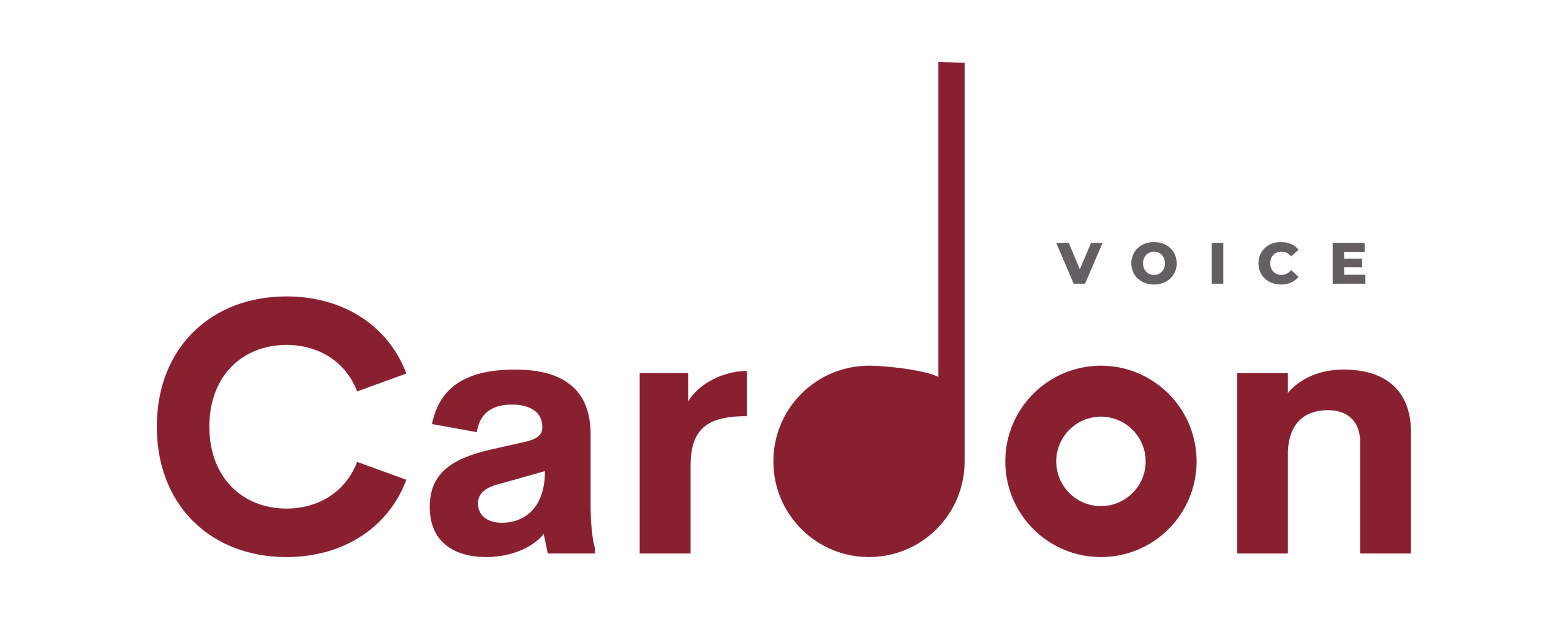Whether you’re coming to Singing Lessons for fun and self-expression or to fix something about your voice that bothers you, the process will be similar. With the support and encouragement of your knowledgeable teacher, you will gain the ability to self-assess and make small adjustments that promote better vocal efficiency. New singers are often surprised how quickly they start to notice minor details that are out of balance once their eyes are opened; sometimes this new and greater awareness can even make it feel like you get worse before you get better! But, rest assured, it’s all part of the process. After all, how can you fix something you didn’t notice? When we separate our ego from our vocal mechanism, it becomes much easier to view the voice as a machine and become its engineer. Singing well in performance does, of course, mean singing with artistic honesty and self-expression; however, singing well from a technical perspective is best solved before adding emotion and vocal effects. Your teacher will work with you to create a base-line comfortable sound that is reliable throughout your range. From there, you’ll be freer to layer in the self-expression you crave without risking your voice failing you. This type of vocal coordination works with your artistic sensibilities, not against, and is a genuinely powerful feeling– we can’t wait to help you unlock it!
These are the three most common complaints from new singers, all of which we love solving in lessons to promote vocal freedom!
- Register Breaks (and Lack of Power): Register breaks are natural in all voices, so the fact that you can hear yours definitely doesn’t mean anything is wrong! Once you understand how registers works, it may surprise you how easy it is to control. In the simplest sense, your voice is controlled by two muscles: one of which most of us work out all day long (with our speaking voice), and the other, pretty much not at all. Makes sense then that the second muscle would be too weak to stand up to the other one, right? Even though it might be unpleasant at first, it is super important for all singers (regardless of style) to work out the weaker area of their voices (for most of us, this is “head voice” or “falsetto”). Believe it or not, by spending time focusing on the weak part, you’re going to strengthen your entire voice including its ability to work smoothly throughout your range. Often when singers complain of a lack of power, the same discoordination is to blame! Of course, breath support (which can mean different things to different people) also plays a big part in creating a strong sound. That’s a whole ‘nother blog post, however: check it out here.
- Vocal Fatigue/Discomfort: Feelings of tiredness, strain, or pain should NEVER be ignored. Please keep in mind that your voicebox itself has very few nerve endings. We’ve evolved to use our vocal folds for speech and song, but their original design is simply to keep us from inhaling when we swallow! So, pain wasn’t part of the original design. This means it’s also not an accurate predictor of whether things are OK in there. By the time you feel pain, the situation could be worse than you know. If in doubt, get checked out– a laryngologist (Ear, Nose, and Throat Doctor who specializes in Voice) is your best next stop. Let’s say everything is fine and your doctor sees no cause for alarm and you want to get back to singing once you’ve had a good vocal rest. Great; you should rethink everything about the way you sing. Remember, healthful singing is every bit as loud, powerful, and emotive as the unhealthy singing you may have relied on in the past, but it may take time to make your system work together the way it should (especially if you have unhealthy habits to unlearn). Warm-up slowly and add a cool-down to the end of intense practice sessions, too. Focus on relaxed diaphragmatic breathing and make sure that you’re relying on larger muscle groups for power, like your transverse abdominus and obliques, instead of pushing your voice with your neck/tongue/jaw. Remember, trained voice teachers have a great eye for identifying misalignments and misuse of the voice. It’s likely you’ll solve this problem much faster and more easily with a knowledgeable outside observer to help guide you.
- Pitch Problems: Though common and important, we’ve left Pitch concerns for the final item on this list because it’s often a very simple fix (great news, right?!). Except in cases of true aural tone deafness (quite uncommon), most pitch issues arise from general unbalance in your phonatory system. That is, any time your power (breath) isn’t supporting your source (vocal folds) and/or you’re misusing your filter (everything above your vocal folds). In fact, you might even hear your intonation/pitch be less accurate periodically when you’re changing anything about your technique. So, focus on fixing the first two problems above before you worry about pitch. It’s possible your pitch issues will resolve on their own (provided it’s not related to your ability to hear the difference). If you struggle with pitch and believe it’s because you have some problems differentiating the sounds, we love the free app Meludia! It plays like a video game and is awesome for ear-training.
Of course, if you’re ready to explore any of these ideas more deeply, please don’t hesitate to reach out! Connect with a teacher for your Free Consultation today and let’s get to work.

